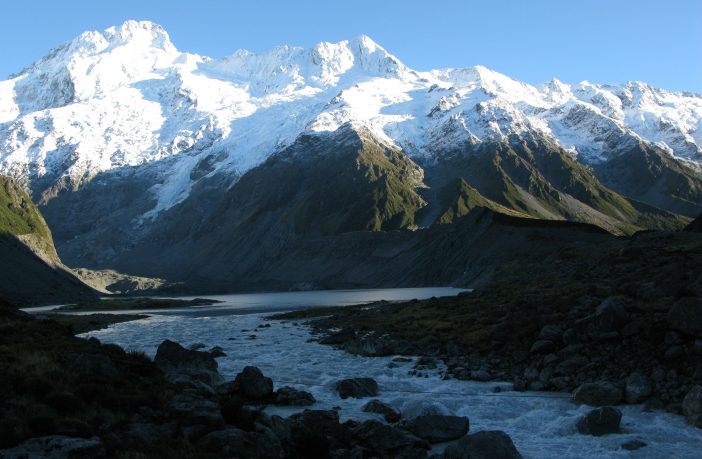- The World Meteorological Organization and African Union have release a report revealing that the only three glaciers in Africa are expected to disappear by the 2040s due to climate change.
- The State of the Climate in Africa 2020 report provides a snapshot of climate trends, observed high-impact events and associated risks and impacts on key sensitive sectors in Africa during the year 2020.
- The report also draws lessons on existing compounded effect of COVID-19, and pathways for investment for improving climate action in the continent.
The report sounds the alarm!
Africa saw its third-warmest year on record in 2020 while three glaciers; Mount Kenya, the Rwenzori Mountains in Uganda and Mount Kilimanjaro in Tanzania are on track are on track to disappear by the 2040s, according to the report. Mount Kenya’s glacier is expected to melt a decade earlier than the other two mountains due to human-induced climate change.
“The rapid shrinking of the last remaining glaciers in eastern Africa, which are expected to melt entirely in the near future, signals the threat of imminent and irreversible change to the Earth system,” WMO chief Petteri Taalas said in a statement.
The report estimates that as many as 118 million extremely poor people, those who live on less than $1.90 a day, will face drought, floods and extreme heat in Africa by 2030. The looming change will hamper economic growth and efforts to alleviate poverty, Josefa Sacko, African Union Agriculture Commissioner, said in a statement. Dealing with climate change could lower Africa’s gross domestic product by up to 3% by 2050, the report added.
Link to the full report HERE
Author: Bryan Groenendaal















